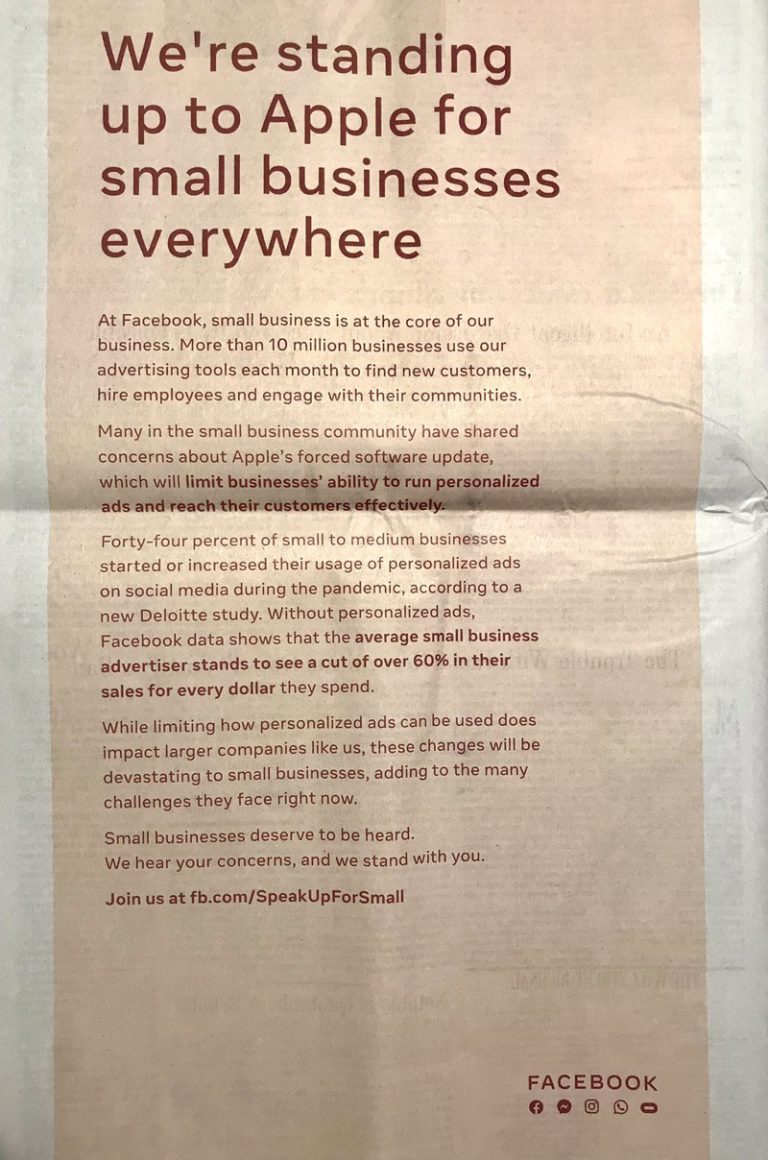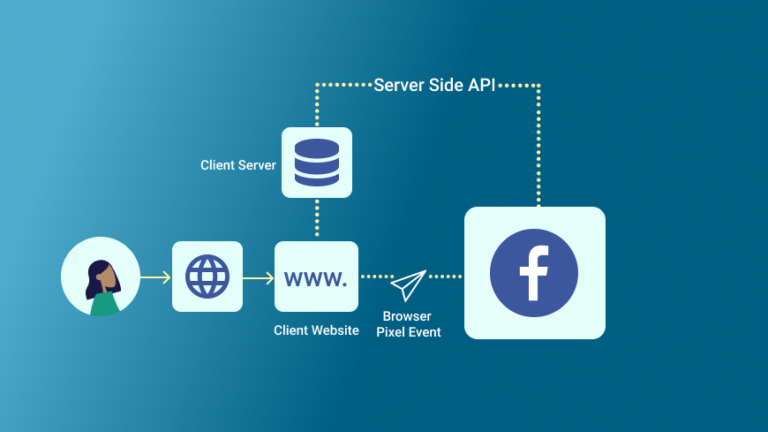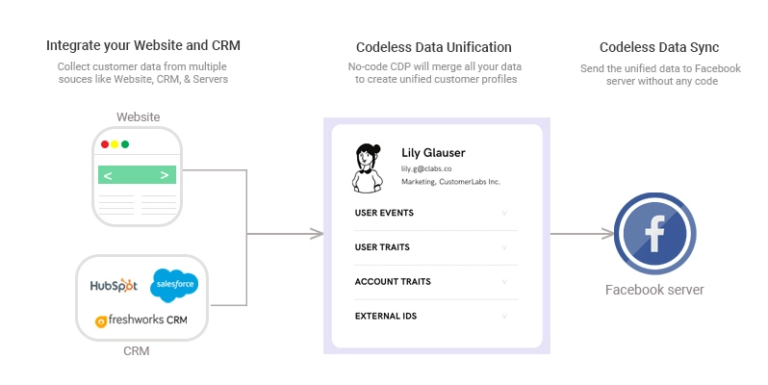The latest announcement of the Apple iOS’14 update has created a whirlwind of discussion on the future of the advertising industry.
Although the update posed a challenge to marketers. It’s time to upgrade the marketing to version 2.0. The iOS’14 privacy update is not the only ever challenge faced by digital marketers. And we would like to count it plus one.
First of all, what is an iOS’14 privacy update?
In its next iOS’14 update Apple intends to let users have more power over how their data is used. Apple will launch a new privacy initiative that requires user permission to track user data across applications. Users will have access to change the permission in device settings at any time.
Apple’s iOS 14 update majorly impacts privacy and security measures, which require user’s permission to track and collect data.
This includes:
👉Targeted advertising based on user data
👉Sharing device location
👉Sharing lists of emails, advertising IDs, or other IDs with third-party advertisers.
With the upcoming iOS’14 update focused on putting an end to conversion tracking, Apple intends to grant more control to the users over their data. Further, Apple has stated that with their App Tracking Transparency policy (ATT) users will be asked for explicit in-app permission prompt opt-in for tracking before apps can use their unique Identifier for Advertisers (IDFA) for third-party ad tracking.

Impact of Apple iOS’14 update on Facebook advertisers
The iOS’14 update has given the freedom of choice for users to opt-in for apps tracking. Many advertisers anticipate that a huge number of users will opt-out. In absence of the app-tracking information, it’s going to be hard for advertisers to measure and track the impact & conversions that happened from their ad campaigns.
Facebook has already started alarming about the upcoming iOS’14 update and its impact on their ad platform.

Facebook has openly started campaigning against the Apple iOS’14 update
Source: theverge

Having said that, we’re talking about 1.65 billion active iOS users as per Tim Cook’s recent update with the US ranking on top followed by China and Europe having the greater market for Apple.
With the majority of Facebook ad traffic coming from Apple users, the impact of the update can only be measured after the rollout.
Significant changes expected to see in the Facebook ad platform and the actions to be taken by Ad users.
Ads Reporting (Ads Manager, Ads Reporting, Ads Insights API):
28-day click-through, 28-day view-through, and 7-day view-through attribution windows will not be supported. Historical data for these windows will remain accessible via the Ads Insights API. Compare and measure your 28-day window data with 7-day window data to identify any discrepancy in the reported conversions.

Conversion event Limit:
Facebook will limit the use of 8 conversion events per domain i.e., 8 pixels per event or 8 custom conversions per domain, and anything above 8 conversion events will be paused.
Domain verification:
Facebook recommends its pixel users to verify their domain for minimizing disruption of data. This is critical for businesses with pixels used by multiple Business Managers or personal ad accounts
Industries affected by iOS’14 update
Some of the major industries that rely heavily on Facebook ads that are undergoing a major change are
Ecommerce – includes Shopify, WordPress, Magento, Woocommerce, Square space, Wix, Bigcommerce, etc.
👉 SaaS
👉 B2B
👉 Agencies
👉 Media companies
However said and done, the advertising community and society were the most impacted and under pressure the build the alternate to hold the clients on loop.
From all the chaos, the one-step and one-stop solution are Facebook Conversion API.
TWO MINUTES SOLUTION: FACEBOOK CONVERSION API
The advertising industry is moving from tracking via third-party cookies, owning your data, and measuring the results will be the future.
With browsers blocking third-party tracking, the best way to solve this problem and measure your success in ad campaigns is via Facebook Conversion API

Here’s an excerpt from Facebook regarding the Implementation of Facebook Conversion API

Implement Facebook Conversion API without developer resources
Using our No-Code 1PD Ops, collect event data from the website & other sources and send it to Facebook-Server via Facebook Conversion API

Conclusion:
As the importance of privacy and personalization rises rapidly, it is important to own your first-party data. Businesses who intend to stay transparent with customers in collecting data and personalizing them are going to win on these privacy battles.



